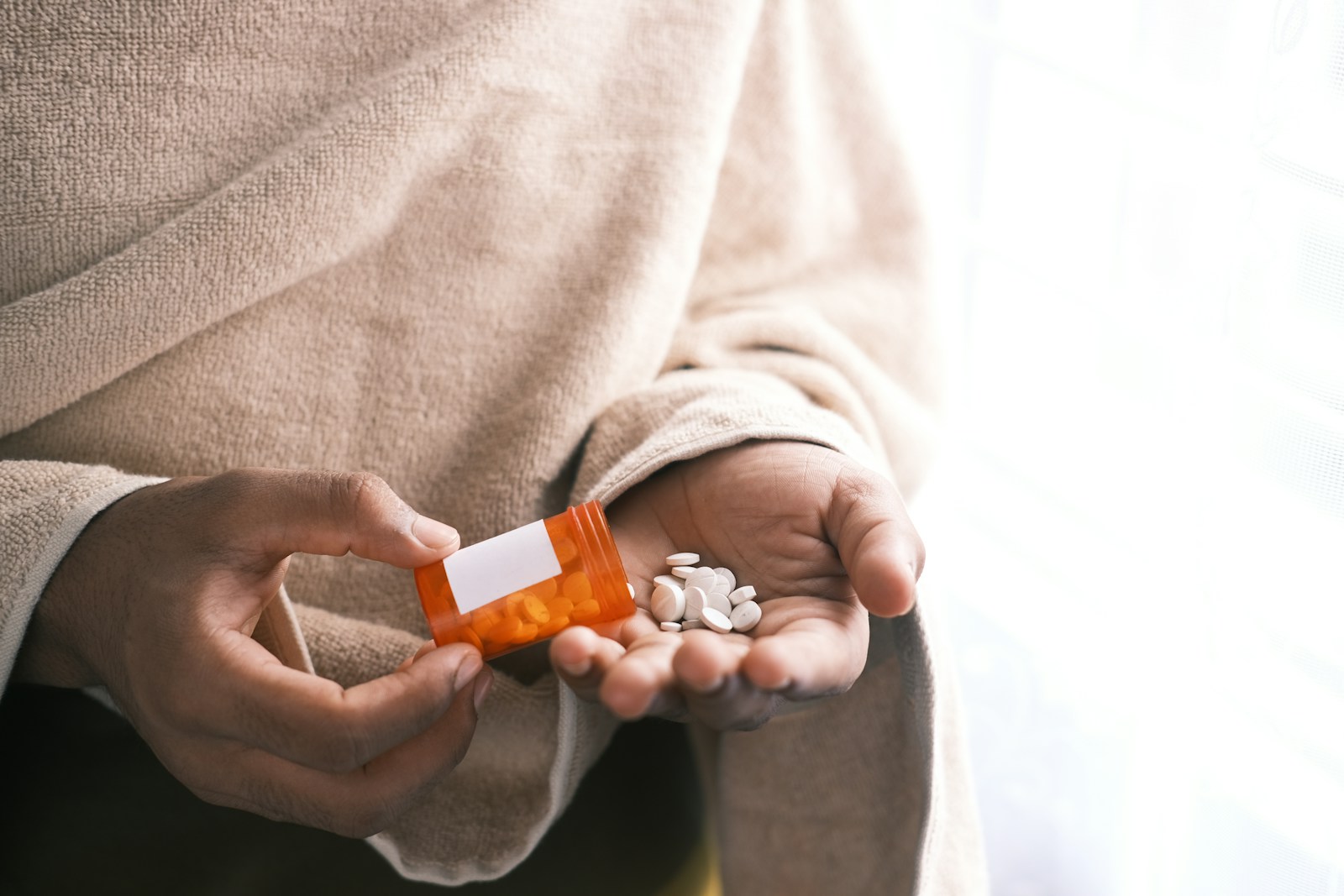Substance use disorder can affect adults of all ages, but the Cleveland Clinic states it’s most common among people ages 18-25. Like other mental health disorders, SUD is a disease that affects the brain. It alters behavior and leads to the compulsive use of controlled substances or illegal drugs. People with SUD habitually use these substances even though they experience harmful health consequences. Satisfying their need for substances often becomes the most important focus of their life.
It’s important to note that SUD is not the same thing as substance use. People can use substances sporadically without ever becoming dependent on those substances. People with SUD, on the other hand, eventually become addicted to substances and are compelled to use them regularly. If you or someone you know has SUD, treatment may be able to help. Here’s what to know about SUD and some of the available treatment options.
Chapter Overview
Understanding SUD
SUD can range from mild to severe. Severe cases are typified by addiction to one or more illicit substances. Addiction occurs when the brain’s reward system becomes abnormally dominant. It then compels the affected person to compulsively use harmful substances despite any negative consequences. Addiction involves both psychological and physical dependence.
Psychological dependence causes a preoccupation with substances that makes it nearly impossible to think about anything else. Physical dependence refers to the body’s adaptation to the substance in the bloodstream. If the affected person stops taking the substance, they experience withdrawal symptoms that can be debilitating or even life-threatening. Though it may seem impossible to overcome substance abuse disorder, effective treatments exist. Here are some popular options and how they work.
Long-Term Inpatient Treatment
Many people find that checking into a mental health rehab is the most effective way to overcome addiction. It offers help in the form of personalized treatment programs that may include a combination of medication and counseling options. People often abuse substances to help them cope with mental health problems like depression and bipolar disorders. Therefore, treating the underlying problem may help reduce the compulsion for addictive substances.
Inpatient treatment also allows for detoxification in a safe, monitored setting. Detoxification can potentially occur in both inpatient and outpatient facilities. However, patients tend to be more successful at detoxifying in an inpatient setting because they can’t access substances while staying in a recovery residence.
Medication
Medication isn’t always part of an SUD treatment plan, but it sometimes is. Certain medications are designed to treat substance abuse disorders by modifying brain chemistry. As they do, they help relieve the intense cravings for harmful substances. They can also minimize withdrawal symptoms so they aren’t as painful or dangerous.
Medication-assisted SUD treatment is often given to people who are addicted to opioids, tobacco, or alcohol. Medications commonly prescribed for opioid addiction include naltrexone, methadone, and buprenorphine. Acamprosate and disulfiram are often prescribed for people with alcohol addictions. If you are addicted to nicotine, your doctor may prescribe varenicline or bupropion.
Psychotherapy
Psychotherapy (also known as talk therapy) no longer carries the stigma it once did. It can help people with SUD learn how to change their thoughts and behaviors. It often uses a combination of techniques to help treat substance abuse disorders and teach patients coping mechanisms. A skilled psychotherapist also knows how to identify and address any co-occurring mental health disorders. Once patients learn how to manage co-occurring conditions, they often have an easier time overcoming their addictions.
Cognitive behavioral therapy is one of the more popular and effective forms of psychotherapy for SUD. The goal of this treatment is to help patients understand how their thoughts lead to actions. CBT helps patients unlearn negative thought patterns and adopt healthier patterns that lead to more positive actions. Dialectical behavior therapy is another effective treatment for SUD. It helps people learn how to regulate their emotions in a healthy way instead of turning to illicit substances.
Motivational Enhancement Therapy
For those who may not be ready for significant lifestyle changes, motivational enhancement therapy can be a good start. It combines a type of counseling called motivational interviewing with psychological counseling. MI focuses on helping patients figure out what they truly want out of life. It helps them identify and develop a compelling reason to change for the better. The goal of motivational enhancement therapy is to reduce fear of treatment while boosting motivation to change.
MET may not be effective for everyone. It appears to have a higher success rate for cannabis and alcohol addictions. People who abuse nicotine, heroin, or cocaine may not achieve a successful outcome with this treatment. One of the other options listed above may be a better choice for them.
Living with addiction can be overwhelming, stifling, and harmful to both physical and mental health. It can also feel impossible to defeat on your own. Fortunately, you don’t have to face this Goliath without help. Consider turning to one of these effective treatment options to help you change your life and regain your sense of self. Keep in mind that if one treatment doesn’t work well for you, it doesn’t mean defeat. Move on to another treatment until you find a solution that helps you succeed.

